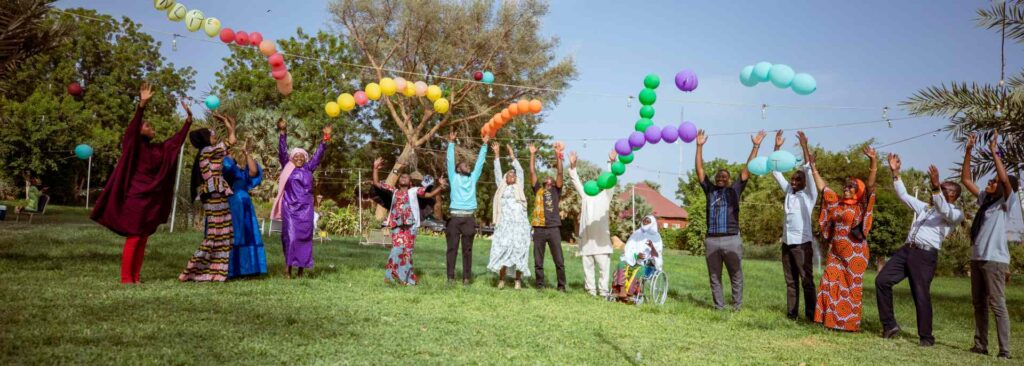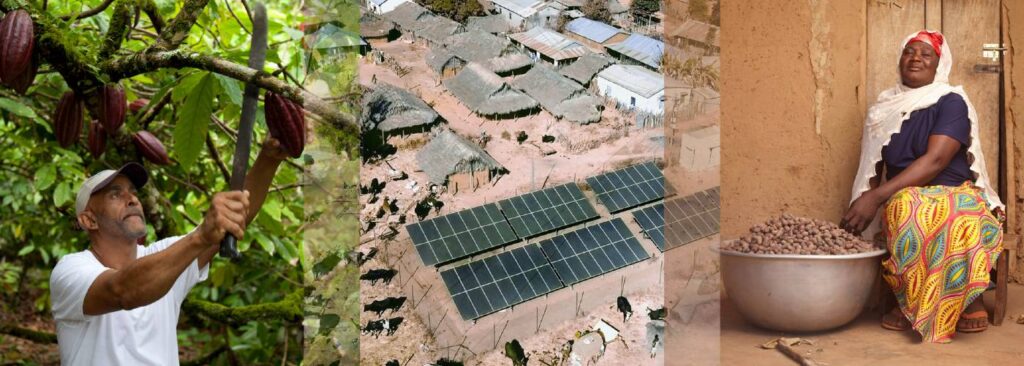Malawi has put a final legal nail on the coffin of child marriages by making a historic amendment to the Constitution to fully outlaw child marriage.
The legal development followed more than fifteen years of undaunted advocacy that eventually resulted in Malawi’s President, Peter Mutharika, signing the Marriage and Family Relations Bill into law in 2015, raising the minimum age for marriage from 14 to 18.
Although this marked a huge step forward in the fight to end the insidious practice of child marriage in Malawi, analysts noted that it would not be enough unless it was also integrated into the constitution.
According to UNICEF’s 2016 State of the World’s Children, Malawi has the eleventh highest child marriage rate in the world, with nearly 1 in 2 girls married before the age of 18.
Only 28 per cent of girls finish the full eight years of primary school and are often forced into early marriages. It is estimated that half of the girls in Malawi will be married by their eighteenth birthday, with some as young as 9 or 10 being forced to marry.
Despite the minimum age of marriage being raised from 15 to 18, the Constitution contained a legal loophole that still allowed children between 15 and 18 to marry with parental consent.
Over the past few years, Hivos in Southern Africa has been advocating for a legislative framework to stem the problem of child marriages in Malawi. Hivos has supported numerous community and national initiatives and created spaces and platforms to raise awareness about the negative effects of child marriages. These took the form of radio and community dialogues, national and regional symposiums and lobbying parliamentarians.
Despite the alignment of the legal framework, much more work needs to be done to change longstanding traditional and cultural practices that promote the practice of child marriage.
A key challenge to reducing child marriage in Malawi is entrenched attitudes and cultures that accept the practice. High rates of poverty and gender inequalities have also been documented to be important causes of early marriages. More often, daughters are seen as a burden and parents would rather marry them off, to avoid the cost of fending for them.
Malawi remains one of the poorest countries in the world, ranked 171 out of 187 in the Human Development Index. Over half of its population, estimated to be 14.9 million, lives below the national poverty line.
While the legal development is certain to create awareness and ensure that law enforcers actively implement it, analysts also contend that Malawi needs to expedite birth registration processes, among other issues, to strengthen efforts made to end the practice of child marriage.




